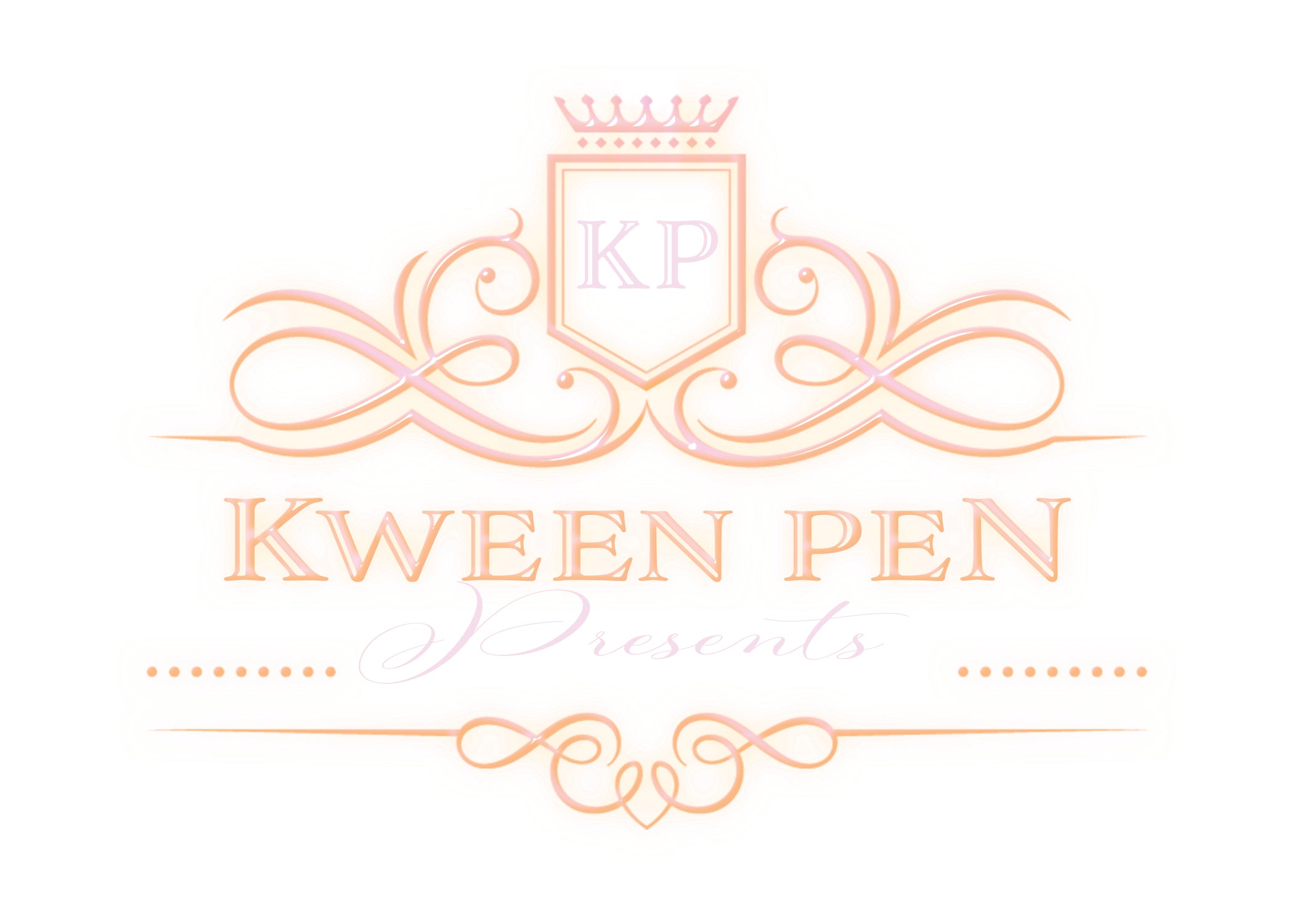Writers are entitled to the right of creative freedom. This means a writer can write about whatever subject they so choose, even if they are unfamiliar with a particular topic. The world of characters is as diverse as the Earth's inhabitants. When writing about characters who identify with a group the writer is not familiar with, it is the responsibility of the writer to thoroughly research the topic/ group to prevent inadvertently offending the group the character identifies with through stereotypes, inaccuracies, and cliches. Special sensitivity should be shown for different ethnic groups and characters with different sexualities, nationalities, and religious beliefs.
I spoke previously about the importance of research in writing. If you haven't checked it out yet, here is the link: https://kweenpenpresents.com › blogs › news › research-in-writing Research regarding topics the writer is unfamiliar with is of the utmost importance, and among those topics, issues regarding the actual humanity of the characters, actual human aspects of daily life for characters the author can not themselves relate to, is at the top of the list. Readers--and humans in general--are extremely sensitive about issues such as race and sexuality being portrayed not only accurately, but respectfully as well. It's incredibly insensitive to generalize all members of a sexuality just as it is offensive to generalize all members of a race. All members of the LGBTQ community are not flamboyant, just as not all Caucasian cook without seasoning their food (even though we've all seen the videos, so we know Josh's mom does not, in fact, cook with seasonings). These are stereotypes, and as offensive as they may be to encounter in everyday life, they are just as offensive to read. Consider how excited a reader would be to see the image of someone who looks just like them on the cover of a book, only to begin reading the book and find that the character is nothing more than the spitting image of what another race thinks of their entire race and actually nothing like the reader themselves. It's disheartening. It's devastating. It's disrespectful.
Let's say a writer wants to write a book about two lesbian characters, but the writer identifies as heterosexual and is not particularly familiar with the ins and outs of the LGBTQ+ community. It is the writer's responsibility to thoroughly research terminology used by the community, common activities and behaviors, and happenings of the everyday life of members of the community. It would also be wise to commission ARC/ Beta readers who identify or have significant knowledge of the targeted group to read over the manuscript to identify any issues with accuracy or sensitivity. As a writer, you don't want to publish a book and have it deemed offensive, especially unintentionally. You don't necessarily have to be an expert on the topic, but you want your book to be accurate and the information within to be credible and, at minimum, plausible.
Some inaccuracies can be taken as disregard and disrespect. One particular series comes to mind in which a Caucasian author wrote of Black characters. In the series, the mother of the female main character is shown putting bacon grease in the main character's hair. She mentions having broken every comb in the house on the character's hair, and her grip on the character's hair as she struggles to comb it is equated to how one would hold the tail of a dead squirrel. Now, how offensive is that? Research would have cleared up any false beliefs the author may have had about what products Black people actually use in their hair. Visiting a beauty supply store and asking questions or even inquiring with a friend of the race would have cleared it up as well. That was a disregard for sensitivity when speaking of an issue the author was not familiar with. But referring to a character's hair as being the equivalent of the tail of a dead squirrel? Disrespect. I can in no way excuse it, and in fact, I'm inclined to believe it was deliberate. Who would honestly believe it not to be offensive?
In today's world, it's growing increasingly easier to offend people unintentionally. Though we would hope offending readers is never the intention of any writer, it's possible to have the best intentions, innocent intentions even, and still offend someone. Because of this, I encourage all writers to conduct proper research and commission sensitivity readers to help prevent these types of instances from occurring. Most readers have no issue with writers venturing into their world and writing about characters they can actually relate to. It's usually quite refreshing to be able to read about characters who are like you. Readers just want to be accurately represented. Represented in a way that does not shed unwarranted negative light on them. Represented just as respectfully as the writer would want to be represented. It's disrespectful and utterly negligent to disregard the need for research and publish a book full of inaccuracies. Readers tend to feel like the writer didn't think enough of their race or religion to actually research it while writing the book, but instead found it as nothing more than a way to make a profit. Profiting off of disrespect is not profit at all. I would relate it closer to stealing than profiting. Stealing the dignity and respect owed to us all as human beings while attempting to make money off the product of disrespect. Don't fall into that category. It's a slippery slope down a hill that's hard to climb back up.
Research your characters' backgrounds. It's not about being right. It's about being respectful.

